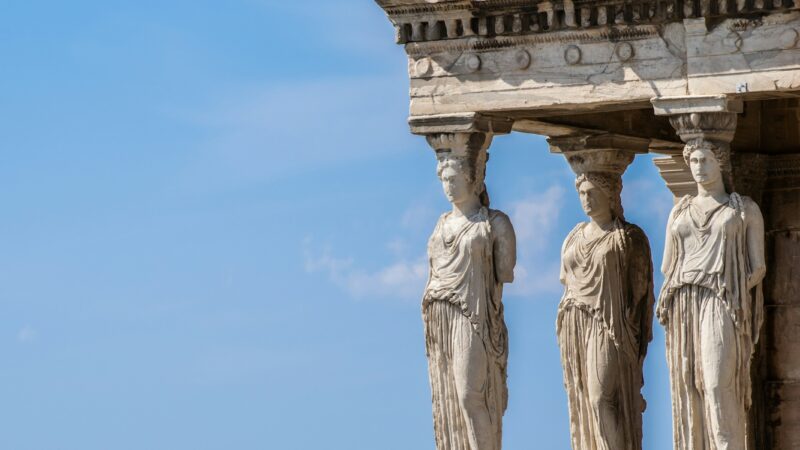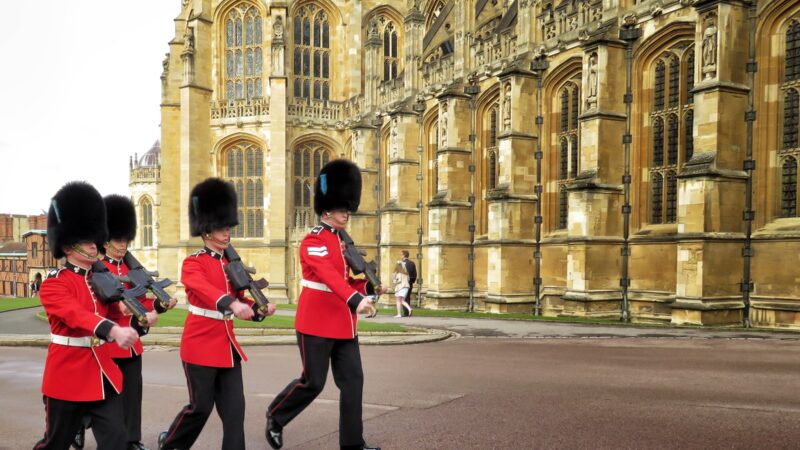There was a time not very long ago when I wanted to become an Anglican priest. I thought I had discovered my vocation; it filled me with hope for the future. Now, however, I cannot think of a more unattractive prospect.
I was warned. At a book signing a couple of years ago, a non-stipendiary priest looked at me and said that the Church of England would eat me up. Another priest expressed such a lack of enthusiasm for his role that he might as well have told me to convert to atheism. I could hardly gainsay them. It wasn’t my place to claim that I would have been a moral, spiritual or intellectual asset to the Anglican fold – though, admittedly, I did wish to ape those clever, eccentric country parsons who so enriched the culture. As Bill Bryson wrote in his book Home:
“Never in history have a group of people engaged in a broader range of creditable activities for which they were not in any sense actually employed.”
The first history of dirty jokes, the Jack Russell terrier, Bayes’ Theorem, the power loom, Tristram Shandy, and even the submarine were all products of bored clergymen.
Of course, to believe that today’s Church of England resembled yesterday’s was my own, rose-tinted failing. Deep down, I knew it had changed almost beyond recognition. But change is inevitable – and often salutary. I could perhaps have embraced the 21st century Church of England. Unfortunately, I doubt it would embrace me. Its recent “yeeting” (to use the scientific term) of Calvin Robinson alerted me to just how far the Church has fallen. Robinson’s politics comport with my own as do his convictions: pride is a sin, marriage is between a man and a woman, and the Gospel is rather more significant than an imported racial ideology, of which Black Lives Matter is the conduit. Robinson’s treatment showed that the Church of England’s hierarchy is committing slow-motion idolatry.
When Robinson rails against what has happened to him, I have no doubt that he speaks for many, if not the majority, of churchgoers, who all but despair of what has happened to our national Church. But Robinson has a platform. We hear less often from young Anglicans, for whom the Church’s every statement seems designed to cater. Thus we get mini-golf courses and helter-skelters in our cathedrals, pride and NHS flags draped over our altars, and statements to the effect that the Church is racist but you should join it anyway. My own local church recently played host to a rock concert, for which the altar was whisked embarrassedly out of sight. Would a mosque tolerate such a thing? No, and nor should it. And of course, the Church hierarchy announced only a couple of weeks ago that they, too, couldn’t make heads or tails of what a woman was – undoing centuries of dogma and theology, not to mention insulting women.
It would be remiss of me to claim to be able to speak on behalf of all young Anglicans, especially given my continuing attraction to both Rome and Constantinople. But, after years of contact with other young Anglicans, I am confident that what I have to say now would attract something close to a consensus. So, Mr Welby, if you’re listening (which I suspect you’re not): we don’t want what you’re offering. We want heaven and hell. We want angels, powers and principalities. We want prayer, orthodoxy and conviction. We want good and evil, right and wrong. Above all, we want Christ. Your generation – the children of the 1960s – became enamoured by the secular. You think that heaven on earth is possible, if only we join the right causes and shun the wrong politic – you have surrendered to the world. But the Kingdom is not of this world. As T.S. wrote in Thoughts After Lambeth:
“Thought, study, mortification, sacrifice: it is such notions as these that should be impressed upon the young—who differ from the young of other times merely in having a different middle-aged generation behind them. You will never attract the young by making Christianity easy; but a good many can be attracted by finding it difficult: difficult both to the disorderly mind and to the unruly passions.”
If this truth isn’t soon heeded, I fear that the Church of England will be all but extinct in a decade or two. It will linger on in London and Birmingham, perhaps, where immigrant Christians still take seriously what the English do not. But it will no longer be the spiritual organ of the nation. Possibly the Catholic Church will fill the vacuum. Who knows?
I say all this as someone who is, technically, a member of the newly established religion: LGBT. It is said to be a community, though I’ve never seen it except when it rears its sponsored head to bully some poor recalcitrant for saying the wrong thing about gay marriage. Exactly this was what happened in my town last year. A Christian councilman said to some committee or other that, while he supported the right of gay people to live happy lives, he could not condone gay marriage. It has become a cliche to compare cancel culture to witch hunts, for good reason but the councilman was subjected to weeks of bullying and the foulest of threats and insults all, of course, in the name of tolerance and compassion. It upset me that the local Anglican church did nothing to snuff the flames – and may even have wished secretly to fan them.
There is, I believe, a ground swell of small-o orthodoxy among the young. New atheism (of which I was a devotee) proved insufficient in answering our moral, spiritual and intellectual needs. Many of us turned to God, whatever our politics. But if we were conservative, we naturally sought sustenance in the Church of England. I cannot be alone in saying that to find it so debased has been one of the great sadnesses of my early life. As Lear says, “we cry that we are come to this great stage of fools”.



